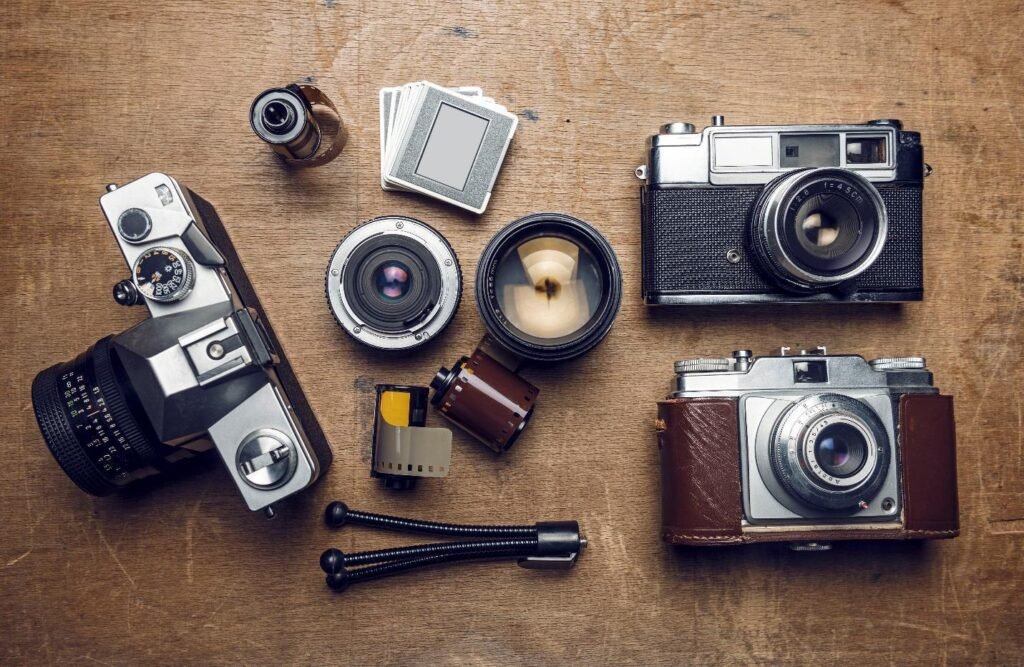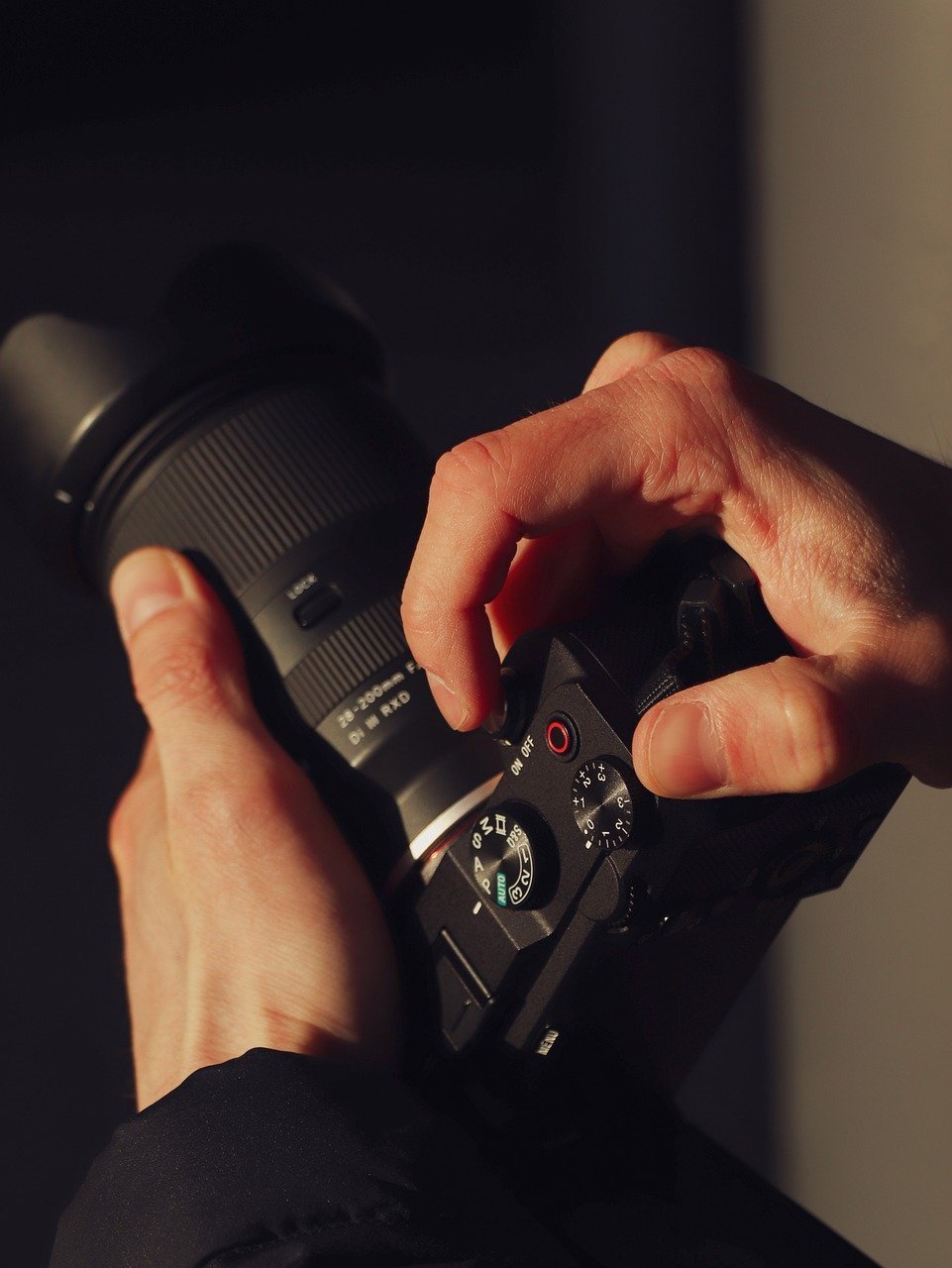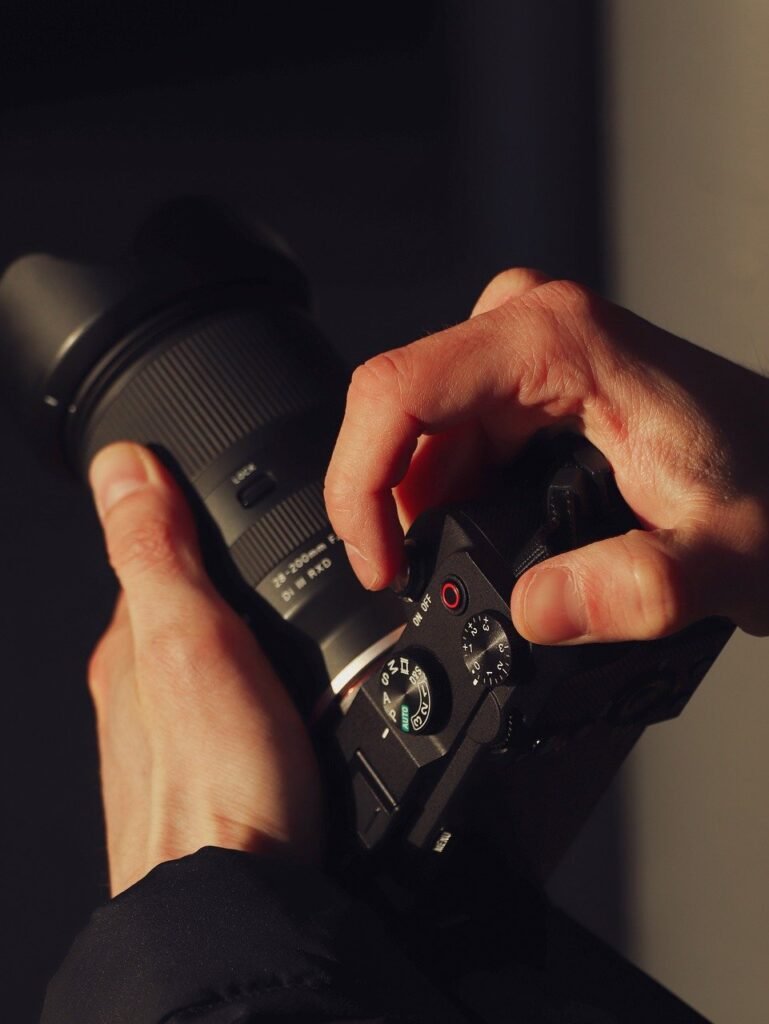The History of Photography

Photography has come a long way since it first started. It’s more than just a way to capture moments; it’s a journey through time. Let’s dive into the history of photography and see how it has transformed over the years.
Early Days: First Attempts at Photography
The story starts back in the early 1800s with some curious minds and a lot of experimentation. In 1826, a French inventor named Joseph Nicéphore Niépce took the first successful photograph. He used a process called ”heliography” and a camera obscura to capture a view from his window. The result was a blurry, ghost-like image that took eight hours to create.
Niépce’s work caught the attention of Louis Daguerre, who went on to develop the daguerreotype process. In 1839, Daguerre’s method cut down exposure time to just a few minutes and produced detailed images on silvered copper plates. This was a huge step forward, making photography more practical.
Making Photography Popular: From Daguerreotypes to Film

As daguerreotypes became popular, other inventors were busy making improvements. Henry Fox Talbot in England came up with the calotype in 1841. Unlike daguerreotypes, calotypes used paper negatives, allowing for multiple prints from a single image. This idea was a game-changer.
Fast forward to the late 1800s, and along comes George Eastman with roll film and the Kodak camera. His slogan “You press the button, we do the rest” made photography super accessible. No more bulky gear or complicated processes – anyone could take photos!
Stepping into Modern Photography: Color, Motion, and Digital

The 20th century brought even more exciting changes. In 1907, Autochrome introduced the first widely available color photography process, adding vibrant colors to our black-and-white world. The early 1900s also saw the rise of motion pictures, thanks to pioneers like Eadweard Muybridge and the Lumière brothers
The mid-century brought us instant photography, thanks to Edwin Land and his Polaroid camera. In 1948, you could take a picture and see it develop right before your eyes in just minutes – pretty cool, right?
Then came the digital revolution. In 1975, Steven Sasson at Kodak invented the first digital camera. It was big and clunky, but it paved the way for digital photography. By the 1990s and 2000s, digital cameras were everywhere, making it easy to store, share, and edit photos.
Photography Today: Smartphones and Social Media

Nowadays, photography is everywhere. Thanks to smartphones, almost everyone has a high-quality camera in their pocket. Social media platforms like Instagram and Snapchat have turned everyday moments into shareable content, making photography a huge part of how we communicate.
Photographers now have amazing tools: powerful editing software, high-resolution cameras, and instant global sharing. But at its core, photography is still about capturing moments and telling stories.
Looking Ahead: The Future of Photography

The future of photography is full of possibilities. With advances in artificial intelligence and computational photography, the limits are constantly being pushed. AI can automatically enhance images and even create photos from scratch.
Virtual and augmented reality could also change how we experience photos. Imagine stepping into a picture and exploring it in 3D, or overlaying old photos onto present-day scenes to see how things have changed.
Conclusion
The history of photography shows just how creative and inventive we can be. From the first blurry images to today’s stunning digital photos, photography has always been about capturing the world around us. As technology continues to evolve, one thing’s for sure: photography will keep being a powerful way to tell stories and connect with each other.
Recent Blogs
[psac_post_carousel show_author=”false” show_tags=”false” show_comments=”false” show_content=”false” slide_scroll=”2″]












